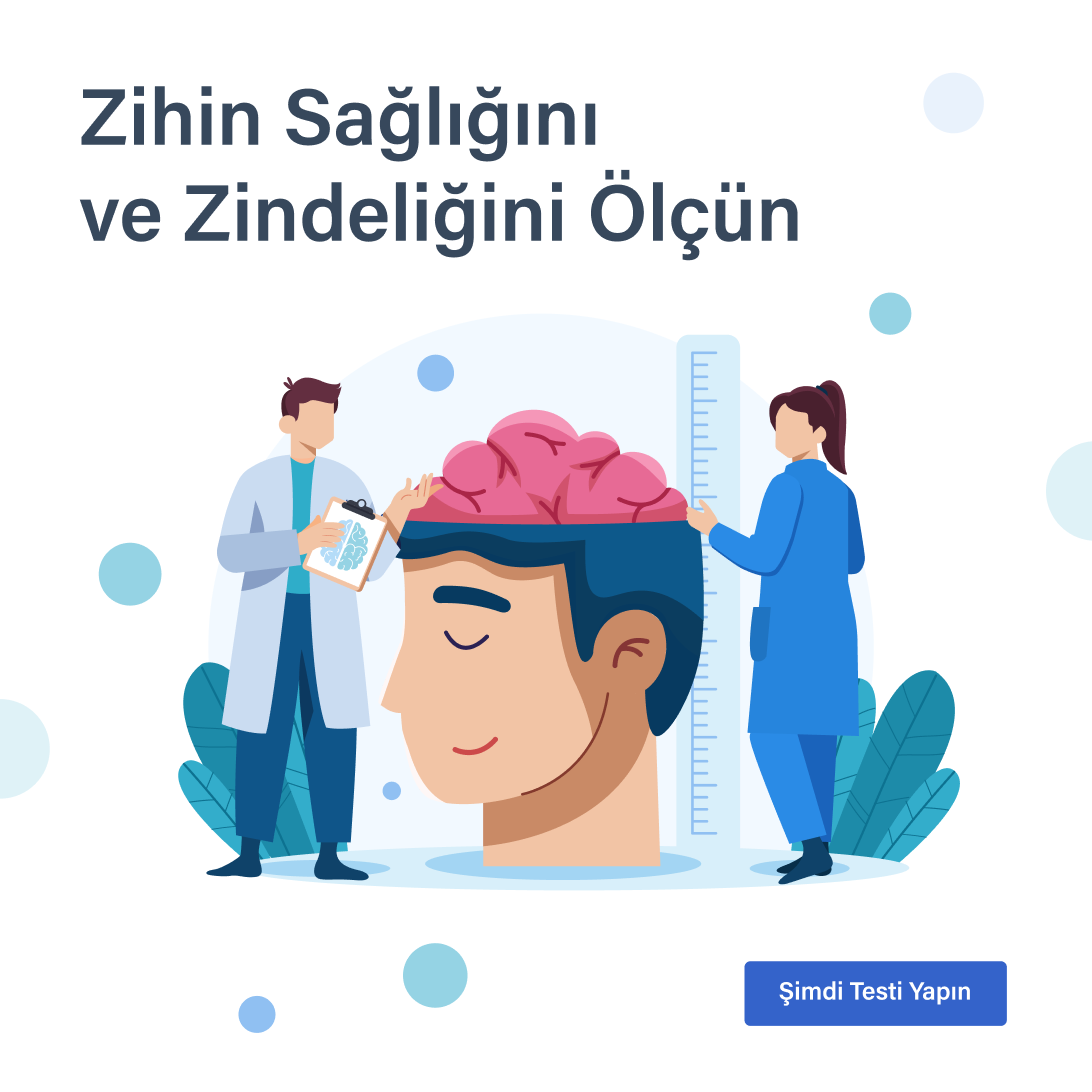Quality of life analysis of renal donors.
Source
General Surgery Department and Transplantation Unit, Haydarpasa Numune Training and Research Hospital, Istanbul, Turkey. gurkantelli@yahoo.com
Abstract
OBJECTIVE:
The aim of this study was to investigate the quality of life of renal donors during long-term follow-up.
PATIENTS AND METHODS:
The short form health survey (SF-36) questionnaire was compared between renal donors and the general population. We evaluated the relationship to postoperative complications and preoperative information with the quality of life.
RESULTS:
Fifty renal donors of mean age 55.8 +/- 12 years (range, 29-70 years) had a mean follow-up of 55.1 +/- 47.2 months (range, 12-168 months). Complications after donor nephrectomy were related with physical function loss (r = -.397; P < .05) and vitality (r = -.463; P = .01). Renal donor candidates who did not have satisfactory information before the operation experienced difficulty with decision making (r = -.555; P = .0001). Physical function, limitation of physical role and limitation of emotional role were comparable to the general population. Pain scale was worse among donors compared with the general population (P = .001). Educational status of renal donors was related to the pain scale and vitality (r = .369; P < .05 and r = .523; P < .05, respectively). General health perception, vitality, mental health, and social functioning were worse compared with the general population (P = .0001, P = .002, P = .0001, and P = .001, respectively). Health problems occurring after donation were related to negation of interfamily relations (r = .695; P = .0001).
CONCLUSIONS:
Reducing complications after nephrectomy will directly increase the quality of the donor's life. Informing renal donor candidates and their families about the postoperative course with consideration of the candidate's and his or her family's educational status is a sociological approach which helps to increase the donor's quality of life. In addition to good patient selection/preparation, meticulous surgery, and follow-up.
- PMID:
- 18261545
- [PubMed - indexed for MEDLINE]




